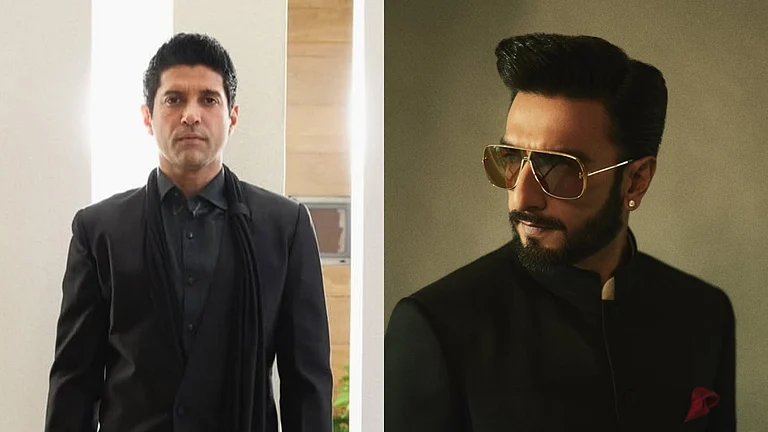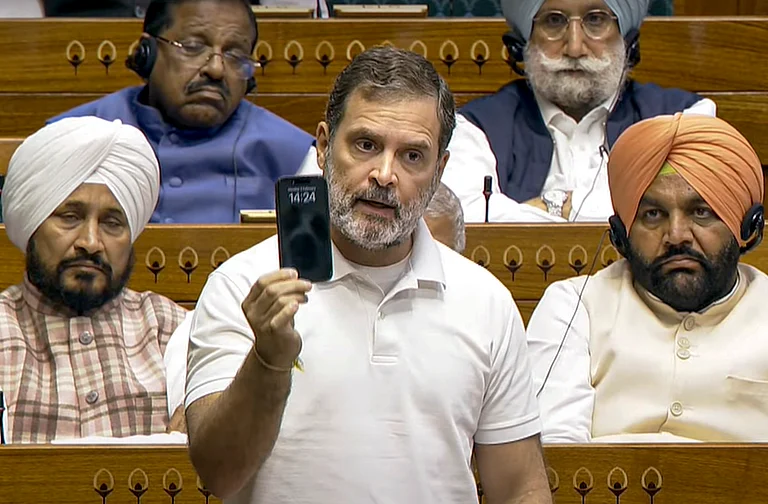Mexico's richest man reached an agreement with Mexico City authorities Wednesday to rebuild or reinforce an elevated subway line that collapsed in May, killing 26 people.
Telecom and construction magnate Carlos Slim said his Grupo Carso's construction subsidiary would pay the cost of rebuilding the span that collapsed, and reinforcing other parts of the elevated line to meet higher standards in a city plagued with severe earthquakes.
Grupo Carso said in a statement to the country's stock market that the outlay did not constitute any admission of responsibility for the collapse, and would not “materially affect” the company's business.
On Monday, Mexico City prosecutors announced criminal charges against 10 “individuals and companies” for construction and design defects they say caused the collapse. The Carso statement said the company had reached different conclusions about the cause of the collapse, but did not want to drag the matter out.
In the past, some companies involved in building the line more than a decade ago have claimed that subsequent repair work put too much weight on the elevated section.
In the case of the companies involved, prosecutors have said the goal of the criminal charges is aimed at making them pay for or repair damages both to the subway and the victims.
Carso said it was willing to do both.
The charges are for negligent or involuntary homicide, damages and causing injuries. Local media reported those charged include former city officials. No arrest warrants were issued for those involved and they have been told to appear before a judge at the initial hearing in the case, scheduled for Oct. 25.
Prosecutors say expert studies found the collapse was caused by construction defects like poor welds and missing connection studs. Bad design also allegedly played a role.
The prosecutors' report, presented last week, was similar to, but a bit broader than, the conclusions presented by the private Norwegian certification firm DNV in September.
Both reports cited poorly welded, badly located and completely missing studs that were intended to join steel support beams to a concrete layer supporting the track bed.
But prosecutors also cited bad welds in the steel beams underlying the concrete track bed that either failed to adhere or split. Steel struts intended to stiffen the metal beams were too short or not properly attached, and the elevated line was not designed with enough of a safety margin.
The defects distorted the train line's framework, leading to “fatigue cracks” that reduced the structure's ability to bear weight.
The $1.3 billion Line 12 of Mexico City's metro system was built between 2010 and 2012 when current Foreign Affairs Secretary Marcelo Ebrard was the capital's mayor. Ebrard is seen as one of the likely contenders to succeed President Andrés Manuel López Obrador.
The project was plagued by cost overruns and alleged design flaws, corruption and conflicts of interest.
The city was forced to close the line in 2014, just 17 months after it was inaugurated, so tracks could be replaced or repaired. The section that collapsed has remained closed since May.

























